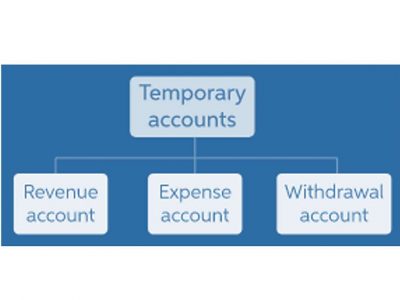
There’s always a demand for experienced, efficient bookkeepers in nearly every industry. Companies often outsource the organization of their finances to independent professionals, then hire accountants for more complex issues and tax filing. Bookkeepers and accountants are both critical for the financial health of a company. If you’re not tracking daily expenses, you’ll have very little information to give to your accountant and they won’t be able to make informed decisions. If you’re only focusing on expenses and not big-picture financial data, you’ll miss out on some strategic opportunities. Some of the key tasks for accountants include tax return preparation, conducting routine reviews of various financial statements, and performing account analysis.
The following four bookkeeping practices can help you stay on top of your business finances. If you’re new to business, you may be wondering about the importance of bookkeeping. Whether you outsource the work to a professional bookkeeper or do it yourself, you’ll be able to reap a variety of benefits.
Better tax preparation
Each of these models has its own set of steps that should be followed when deciding. Those baby steps can help you manage your organization on a new and improved system. Small steps also give everyone time to familiarize themselves with the new bookkeeping software. Trying to juggle too many things at once only works to put your organization in danger. If you’re looking to convert from manual bookkeeping to digital, consider a staggered approach.
- The double-entry system of bookkeeping is common in accounting software programs like QuickBooks.
- The test consists of 25 objective type quizzes with four options each.
- That’s why it’s so important to understand the nuances between bookkeeping and accounting.
- Both of these aspects of your business are crucial for financial management and decision-making.
- In addition, we have highlighted revenue recognition and functional expenses in particular.
In contrast, preparation of the bank account reconciliation by the treasurer provides for reconciliation by someone independent of cash handling functions. A basic objective for good internal control is to segregate duties involving authorization of transactions, bookkeeping, independent reconciliation, and access to assets. Small nonprofits tend to be challenged in segregating duties because of inadequate staffing and board members which of the following is true about bookkeeping? may need to assist with some key control duties. Preparing a purchase order or approving an invoice for payment are authorization functions that are incompatible with recordkeeping. Similarly, receiving a delivery of goods involves access to assets by a person involved in the bookkeeping functions of recording purchase and inventory transactions. As a financial auditor, you may work as an external or internal auditor.
Accounting and Bookkeeping MCQs FAQs
All of our content is based on objective analysis, and the opinions are our own. Laura is a freelance writer specializing in small business, ecommerce and lifestyle content. As a small business owner, she is passionate about supporting other entrepreneurs and sharing information that will help them thrive. A source document is the evidence that supports creation of a bookkeeping entry. If you are proficient and comfortable using mathematics and computing figures, plus punctual, organized, and detail-oriented, it is not hard to learn how to be a bookkeeper.
